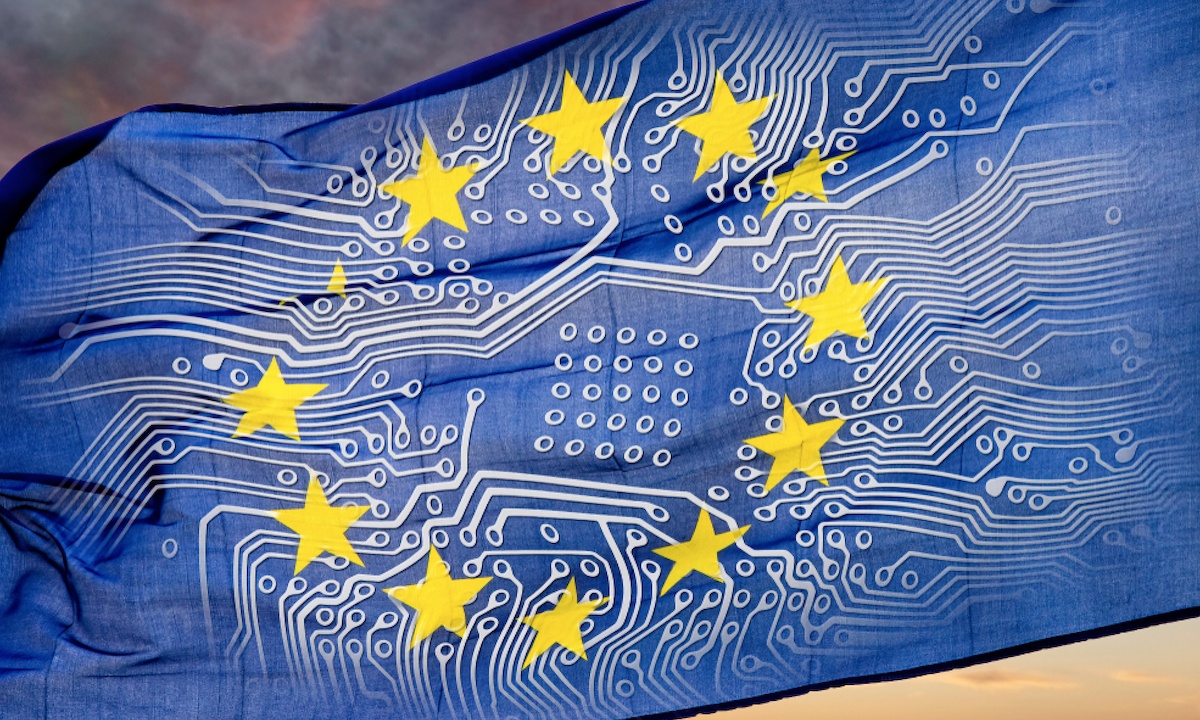
The European Union has appointed a select group of experts to help businesses navigate the complexities of forthcoming AI regulations. This initiative comes as the European Commission prepares for its inaugural plenary meeting on Monday, where these experts will convene to shape the “code of practice” for the EU’s AI Act.
The newly formed working groups consist of leading figures in the AI field, including Canadian scientist Yoshua Bengio, often referred to as the “AI godfather,” former UK policy adviser Nitarshan Rajkumar, and Marietje Schaake, a fellow at Stanford University’s Cyber Policy Center. Their mission is to provide clarity on compliance with a sweeping set of AI regulations, which are expected to come into force in 2024.
The European Commission’s strategy includes four distinct working groups, each tasked with addressing specific issues related to AI governance, such as copyright, risk mitigation and transparency. While major tech players like Google and Microsoft will participate in these discussions, the groups also incorporate a diverse range of voices from nonprofit organizations and academic circles. According to Reuters, the code of practice, though not legally binding, will serve as a valuable framework for companies, helping them to demonstrate their adherence to the new regulations.
Read more: FTC Cracks Down on Five Companies for Misuse of Artificial Intelligence
The EU’s approach underscores the growing need for accountability in the rapidly evolving AI sector. While the AI Act mandates that certain companies disclose detailed information about the data used to train their models, the exact requirements for these disclosures will be refined in the forthcoming code of practice. Experts anticipate that clarity on transparency and copyright could compel companies to publish extensive datasets, a move that might expose them to potential legal risks.
The initiative reflects broader concerns within the EU regarding AI transparency and competition. Many AI firms are resistant to disclosing the data underpinning their models, arguing that such information constitutes a trade secret critical to maintaining their competitive edge. Nonetheless, the new regulatory framework aims to balance innovation with public accountability, ensuring that AI development is conducted responsibly.
Source: Reuters
Featured News
Big Tech Braces for Potential Changes Under a Second Trump Presidency
Nov 6, 2024 by
CPI
Trump’s Potential Shift in US Antitrust Policy Raises Questions for Big Tech and Mergers
Nov 6, 2024 by
CPI
EU Set to Fine Apple in First Major Enforcement of Digital Markets Act
Nov 5, 2024 by
CPI
Six Indicted in Federal Bid-Rigging Schemes Involving Government IT Contracts
Nov 5, 2024 by
CPI
Ireland Secures First €3 Billion Apple Tax Payment, Boosting Exchequer Funds
Nov 5, 2024 by
CPI
Antitrust Mix by CPI
Antitrust Chronicle® – Remedies Revisited
Oct 30, 2024 by
CPI
Fixing the Fix: Updating Policy on Merger Remedies
Oct 30, 2024 by
CPI
Methodology Matters: The 2017 FTC Remedies Study
Oct 30, 2024 by
CPI
U.S. v. AT&T: Five Lessons for Vertical Merger Enforcement
Oct 30, 2024 by
CPI
The Search for Antitrust Remedies in Tech Leads Beyond Antitrust
Oct 30, 2024 by
CPI